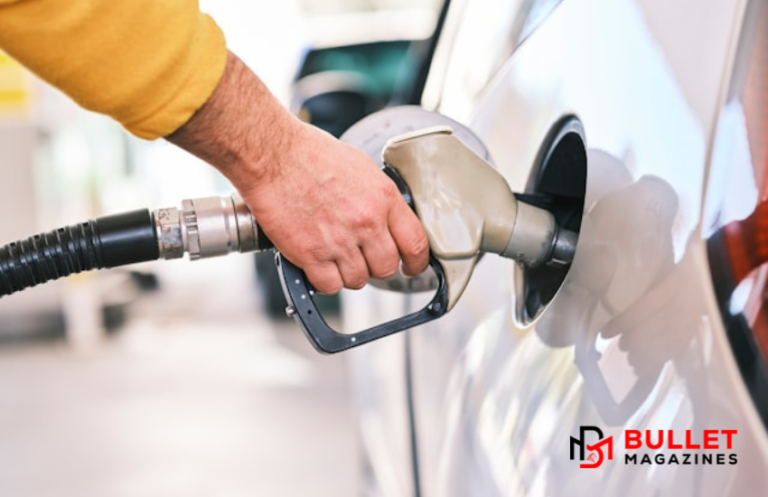Fuel tank play a pivotal role across a variety of applications, from automotive to industrial uses. They are crucial in storing and supplying fuel efficiently, ensuring that engines and heating systems operate smoothly and safely. This article explores the myriad types of fuel tanks, including those designed for specific uses such as boat fuel tanks, portable fuel tanks, and auxiliary fuel tanks, each tailored to meet distinct operational demands and environments.
Understanding the Basics of a Fuel Tank
A fuel tank is primarily a storage container for petrol, diesel, or other types of fuel used in vehicles and various machinery. The main functions of a fuel tank include ensuring the safe storage of fuel and facilitating its smooth delivery to an engine when needed. Fuel tanks come in several types, including standard tanks typically fixed in place, auxiliary tanks that provide additional capacity, and portable tanks designed for temporary or mobile use.
Key Considerations When Choosing a Fuel Tank
Selecting the right fuel tank involves considering several key factors:
- Capacity: Ensuring the tank can hold enough fuel for the application to minimize refills.
- Material: Choices range from metals like steel and aluminum to modern plastics, each offering different benefits in terms of weight, durability, and corrosion resistance.
- Design: Features to consider include the shape, which must fit within the designated space, and the presence of features like baffles to reduce fuel movement. The fuel tank pressure sensor is an important feature, critical for monitoring internal pressure and preventing issues like over-pressurization.
Innovative Fuel Tank Solutions
Innovation in fuel tank technology has led to more efficient, safer, and environmentally friendly solutions. Brands like S&B and Titan are at the forefront, offering fuel tanks that incorporate advanced materials and design enhancements. These products improve fuel efficiency, reduce emissions, and extend the overall lifespan of the fuel storage system.
Maintenance and Safety Tips
Maintaining a fuel tank is key to its longevity and safe operation. Regular use of a fuel tank cleaner can prevent the buildup of residues and sediments, while a quality fuel tank sealer helps protect against leaks and corrosion. These practices are essential for anyone looking to preserve the functionality and integrity of their fuel tank.
Fuel Tank Regulations and Compliance
Adhering to fuel tank regulations is crucial for safety and environmental protection. These regulations may dictate construction standards, installation procedures, and maintenance requirements. Compliance helps prevent accidents and environmental damage, making it a critical consideration for all fuel tank operators.
Special Focus: Fuel Tanks for Specific Applications
Different applications require specialized fuel tanks:
- Boat Fuel Tanks: These must resist corrosion and withstand the harsh marine environment.
- Fuel Tank Toolbox Combo: Combines storage for tools and fuel, ideal for on-the-go applications.
- Large Capacity Tanks (500 and 100 Gallon): Suited for industrial use where large volumes of fuel are consumed, reducing the need for frequent refills.
The Future of Fuel Tanks
The future of fuel tanks is likely to see significant advancements with the incorporation of eco-friendly materials and smart technology. Innovations such as IoT-enabled fuel sensors offer real-time monitoring of fuel levels and conditions, leading to optimized performance and reduced environmental impact.
FAQs
What is the best fuel tank for a small boat?
- A marine-grade portable fuel tank with corrosion resistance and easy transport features.
How often should I clean my fuel tank?
- Annually, or more frequently depending on usage.
Can I install an auxiliary fuel tank myself?
- Yes, but professional installation is recommended for ensuring safety and compliance with regulations.
What are the signs of a failing fuel tank pressure sensor?
- Erratic fuel gauge readings and unusual pressure fluctuations.
What makes a good fuel tank cleaner?
- A cleaner that effectively removes residues without damaging the tank material.
Conclusion
Fuel tanks are essential components in both everyday and specialized applications. Understanding the different types, maintenance requirements, and regulatory compliance is crucial for safe and efficient operation. With ongoing advances in technology, the future of fuel tanks looks promising, with smarter and more sustainable solutions on the horizon.


